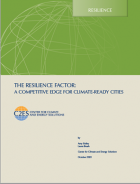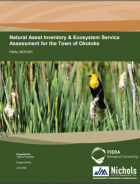Alberta Institute of Agrologists 13th Annual Conference on Agriculture, Food and the Environment
Markets and Social License Session
March 16, 2017
Maple Leaf Foods and Social License (Rory McAlpine, Maple Leaf Foods)
Rory McAlpine, Senior Vice President, Government & Industry Relations, Maple Leaf Foods explains how MLF has transformed its Canadian manufacturing base over the past seven years through a series of major capital investments and business divestitures and is today a leading Canadian consumer protein company, making high quality, innovative products under national brands. The company employs approximately 11,000 people across Canada and exports to global markets, including the U.S. and Asia.
He explains how MLF’s competitive supply chain helps Maple Leaf stay relevant to consumers, investors and its own employees in an environment of major marketplace and societal shifts. He also answers the following questions. How does it adapt its products to Canada’s changing demographics? How does it demonstrate to consumers that caring for animals is a core value? How does it attract millennials who want to work for a company that embraces sustainability? And how does the company link these elements of “social license” to the practical challenge of controlling costs, meeting the expectations of value-conscious consumers and sustaining market share in a competitive and risky business environment?
Maple Leaf’s approach to this challenge is to be a different meat company and to enable the difference through a robust sustainability strategy. Being different and sustainable means:
- Creating shared value through addressing critical social and environmental issues that deliver business value for our customers and Maple Leaf
- Leading in food safety, with all operations operating to GFSI standards
- Advancing health and wellness through simpler, natural products and eliminating/minimizing antibiotic use
- Demonstrating significant leadership in animal care
- Advancing sustainable food security nationally and internationally through the launch of the Centre for Action on Food Security
- Reducing our environmental footprint by 50% by 2025
In the wake of its 2008 Listeria crisis, Maple Leaf deeply understands the importance of never taking consumer or public trust for granted. Moving forward on trust building requires that industry-wide and corporate efforts work in sync, with as much listening as talking, and a values-based commitment to transparency that is rooted in real accountability for “doing the right thing.”





